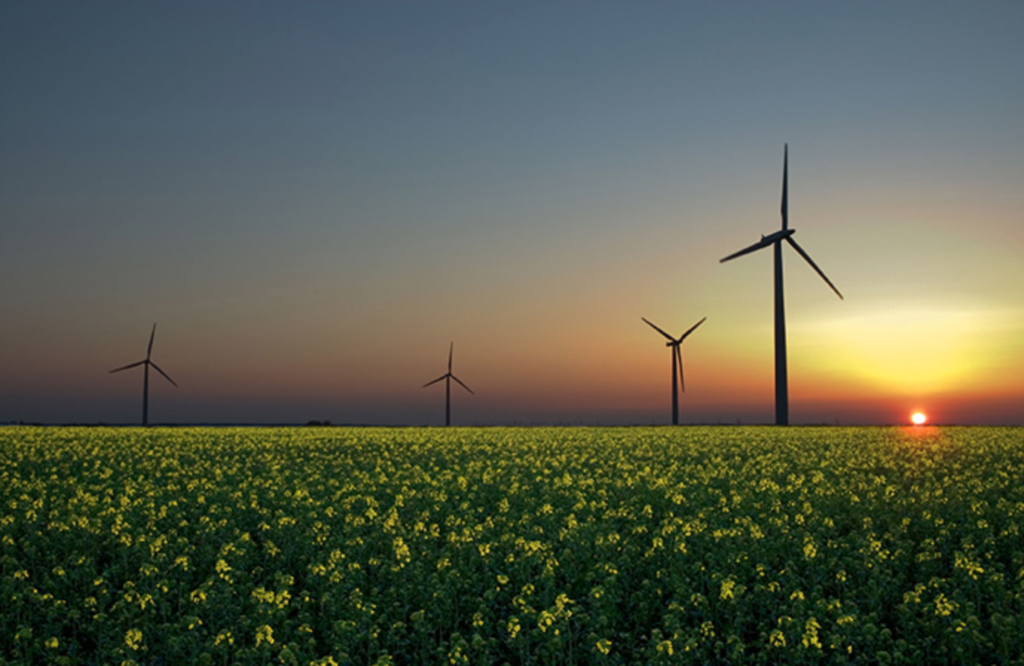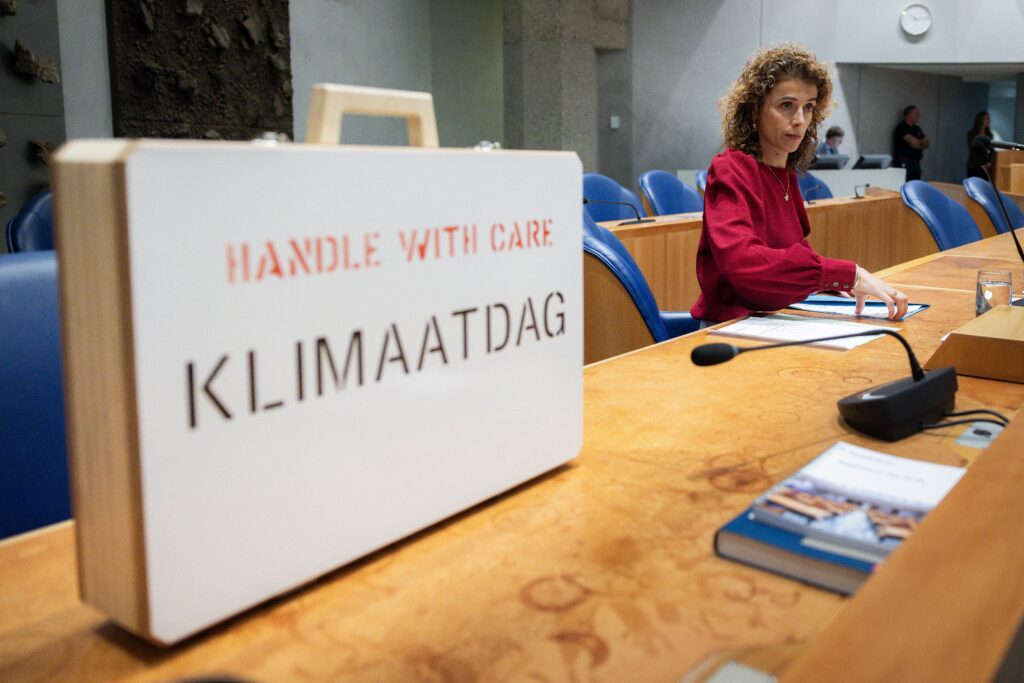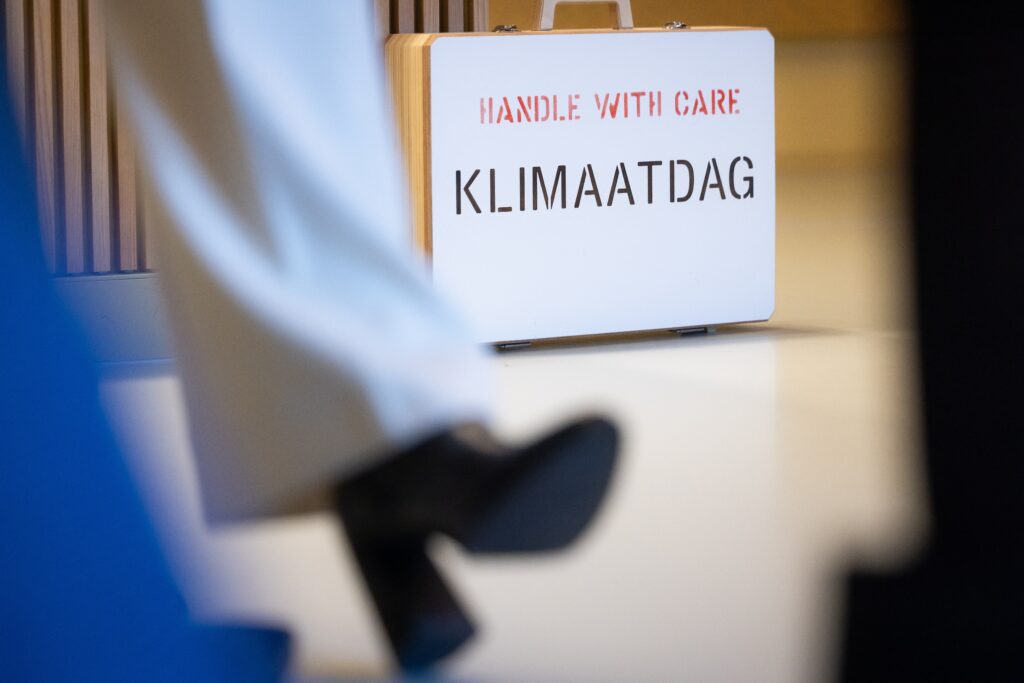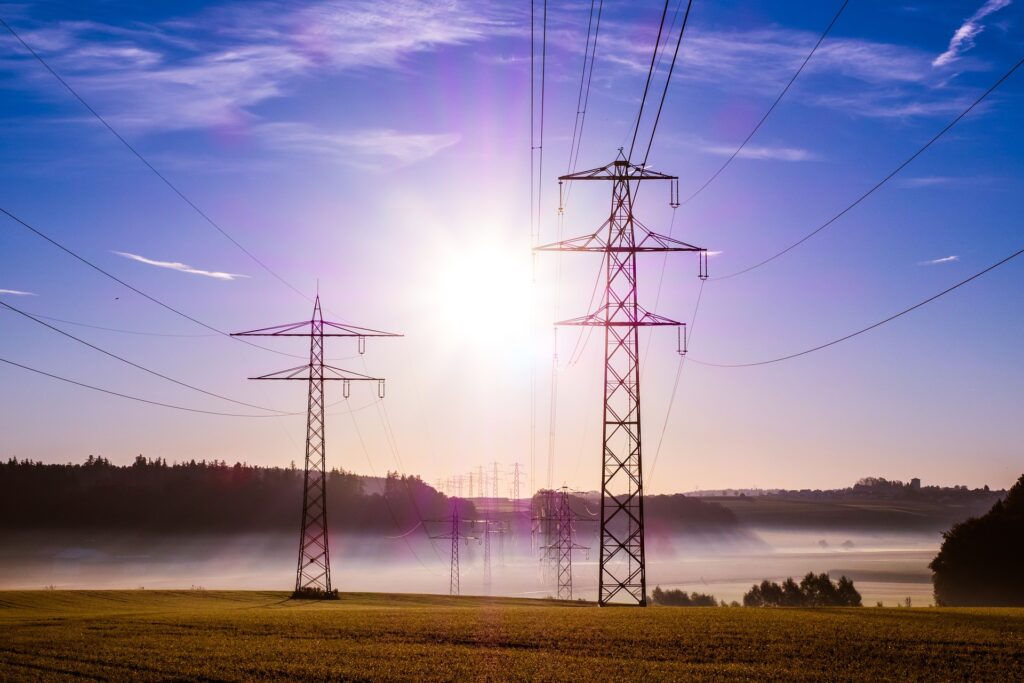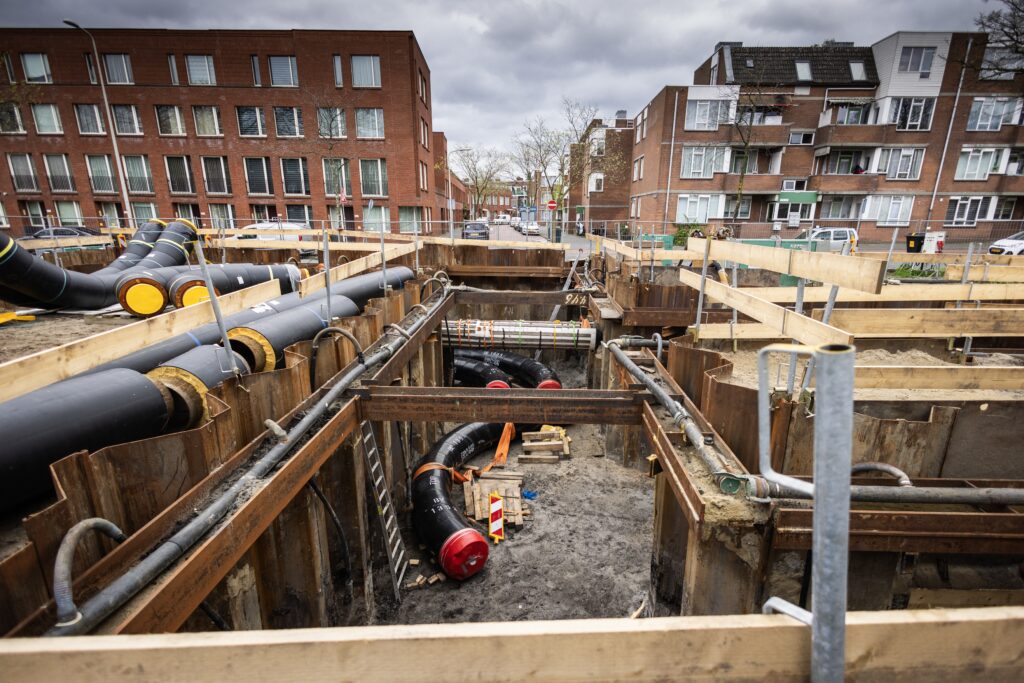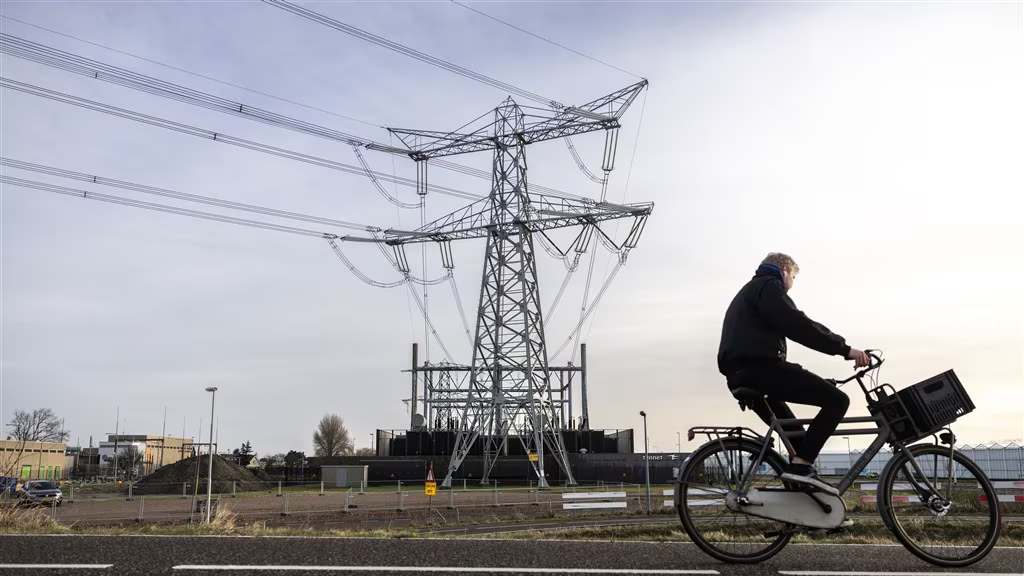The green gas blending obligation must make a significant contribution to the reduction of CO2 emissions in the built environment. It also makes us less dependent on gas imports. Realizing this, both scaling up the production of green gas in the Netherlands and setting up a comprehensive administrative system for tradable GGEs (green gas units), still requires close attention.
Energie-Nederland finds it unfortunate but understandable that the entry into force of the law has been postponed to January 1, 2026, a year later than expected. This is necessary to arrive at a well-workable law. It is also wise that the target for 2030 has been adjusted downwards: from 1.6 billion m3 (bcm) to approximately 1.1 bcm (3.8 Mton), because scaling up is complex due to, among other things, long permit processes. Energie-Nederland is pleased that the focus is on CO2 reduction instead of volumes. After all, you can achieve greater reductions with some types of green gas than with others. Finally, the target groups for the blending obligation and ETS2, which will come into effect on January 1, 2027, will be identical. The obligation will therefore apply to a larger target group and will therefore cost less per household.
Energie-Nederland still sees major challenges. The most important is the height of the objective. The KEV2023 previously gave a bandwidth for 2030 of 0.4 – 0.8 bcm. A new target of approximately 1.1 bcm is therefore still very ambitious. Practice shows that green gas projects often have a lead time of 5-7 years. It is therefore quite conceivable that suppliers do not have sufficient green gas available and will therefore use the so-called buy-out for part of the objective. This ultimately leads to higher costs for households without any CO2 reduction in return. Energie-Nederland is concerned that this undermines support for the energy transition. Legal matters also still need to be clearly worked out. It is not yet clear how suppliers may pass on the cost increase as a result of the obligation. Furthermore, it appears that these rising costs should only be incurred by customers who are about to conclude a new contract. Customers who currently have a fixed-price contract that expires after the implementation date of January 1, 2026, would not have to pay. Energie-Nederland doesn’t think that’s fair. Fortunately, with the anticipated entry into force of the law on January 1, 2026, there is now time to adequately address these issues.

